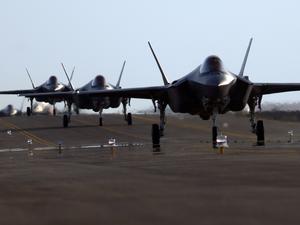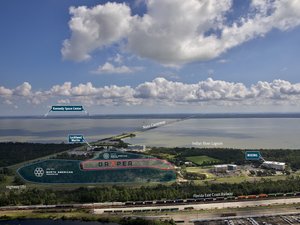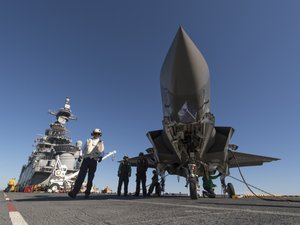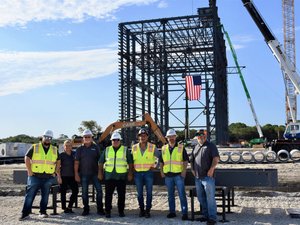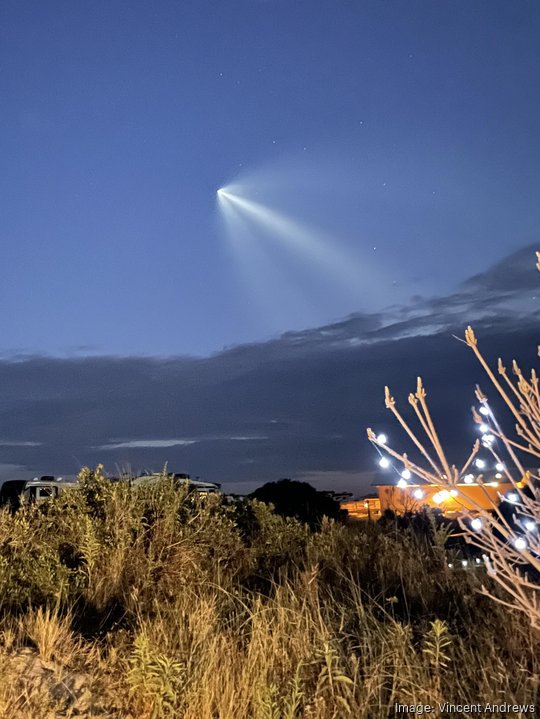
Launching from Cape Canaveral Space Force Station, California-based SpaceX will send another batch of its Starlink satellites into space via Falcon 9 Block 5 on Sept. 14 at 8:30 p.m. Starlink is a telecommunications project intended to facilitate global Wi-Fi and cellular access.
The company’s schedule has been aggressive, as another Starlink mission launched Sept. 12 from California, transporting 21 satellites for the mega-constellation. There currently are more than 4,600 Starlink satellites in orbit, all of them tracked on astrophysicist Jonathan McDowell’s website. According to Space.com, SpaceX plans to substantially increase this number to as many as 42,000. The website stated that each satellite weighs about 573 lbs. and is the size of a table.
McDowell is one of many scientists closely watching the rapid expansion of Starlink. Astronomers are concerned that the satellites will interfere with their observation of space and collide with spacecraft. Scientific American reported last year that when old satellites deorbit and burn up, the Earth’s climate could be unpredictably impacted.
SpaceX is not the only company building a constellation. Inmarsat, Kepler Communications, Capella Space, Virgin Orbit and Globalstar are a few of the others.
Project Kuiper, an Amazon initiative, also is a telecommunications endeavor. The company plans to put 3,236 satellites in lower earth orbit, each satellite weighing about 1,300 to 1,540 pounds.
Falcon 9 is a partially reusable, two-stage SpaceX rocket designed to transport payloads and people to space. A two-stage rocket has two distinct stages of consecutive propulsion to achieve its speed. On its website, the company says that because one of the rocket’s two stages is reusable, the cost of space access is lower than it otherwise would be. Every recent SpaceX launch has been reported to cost $52 million. As a point of comparison, a United Launch Alliance Atlas V 551 launch in August cost $153 million.
According to Spacex.com, Falcon 9 Block 5 has had 187 reflights.
Sign up here for The Beat, Orlando Inno’s free newsletter. And be sure to follow us on LinkedIn, Facebook and Twitter.
